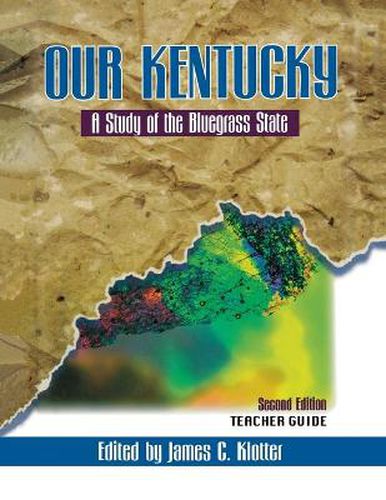Readings Newsletter
Become a Readings Member to make your shopping experience even easier.
Sign in or sign up for free!
You’re not far away from qualifying for FREE standard shipping within Australia
You’ve qualified for FREE standard shipping within Australia
The cart is loading…






This title is printed to order. This book may have been self-published. If so, we cannot guarantee the quality of the content. In the main most books will have gone through the editing process however some may not. We therefore suggest that you be aware of this before ordering this book. If in doubt check either the author or publisher’s details as we are unable to accept any returns unless they are faulty. Please contact us if you have any questions.
Milton’s poems invariably depict the decisive instant in a story, a moment of crisis that takes place just before the action undergoes a dramatic change of course. Such instants look backward to a past that is about to be superseded or repudiated and forward, at the same time, to a future that will immediately begin to unfold. Martin Evans identifies this moment of transition as the Miltonic Moment.
This provocative new study focuses primarily on three of Milton’s best known early poems: On the Morning of Christ’s Nativity,
A Mask Presented at Ludlow Castle (Comus), and Lycidas. These texts share a distinctive perceptual and cognitive structure, which Evans defines as characteristically Miltonic, embracing a single moment that is both ending and beginning. The poems communicate a profound sense of intermediacy because they seem to take place between the boundaries that separate events. The works illuniated here, which also include Samson Agonistes and Paradise Regained, are all about transition from one form to another: from paganism to Christianity, from youthful inexperience to moral maturity, and from pastoral retirement to heroic engagement. This transformation is often ideological as well as historical or biographical. Evans shows that the moment of transition is characteristic of all Milton’s poetry, and he proposes a new way of reading one of the seminal writers of the seventeenth century. Evans concludes that the narrative reversals in Milton’s poetry suggest his constant attempts to bring about an intellectual revolution that, at a time of religious and political change in England, would transform an age.
$9.00 standard shipping within Australia
FREE standard shipping within Australia for orders over $100.00
Express & International shipping calculated at checkout
This title is printed to order. This book may have been self-published. If so, we cannot guarantee the quality of the content. In the main most books will have gone through the editing process however some may not. We therefore suggest that you be aware of this before ordering this book. If in doubt check either the author or publisher’s details as we are unable to accept any returns unless they are faulty. Please contact us if you have any questions.
Milton’s poems invariably depict the decisive instant in a story, a moment of crisis that takes place just before the action undergoes a dramatic change of course. Such instants look backward to a past that is about to be superseded or repudiated and forward, at the same time, to a future that will immediately begin to unfold. Martin Evans identifies this moment of transition as the Miltonic Moment.
This provocative new study focuses primarily on three of Milton’s best known early poems: On the Morning of Christ’s Nativity,
A Mask Presented at Ludlow Castle (Comus), and Lycidas. These texts share a distinctive perceptual and cognitive structure, which Evans defines as characteristically Miltonic, embracing a single moment that is both ending and beginning. The poems communicate a profound sense of intermediacy because they seem to take place between the boundaries that separate events. The works illuniated here, which also include Samson Agonistes and Paradise Regained, are all about transition from one form to another: from paganism to Christianity, from youthful inexperience to moral maturity, and from pastoral retirement to heroic engagement. This transformation is often ideological as well as historical or biographical. Evans shows that the moment of transition is characteristic of all Milton’s poetry, and he proposes a new way of reading one of the seminal writers of the seventeenth century. Evans concludes that the narrative reversals in Milton’s poetry suggest his constant attempts to bring about an intellectual revolution that, at a time of religious and political change in England, would transform an age.